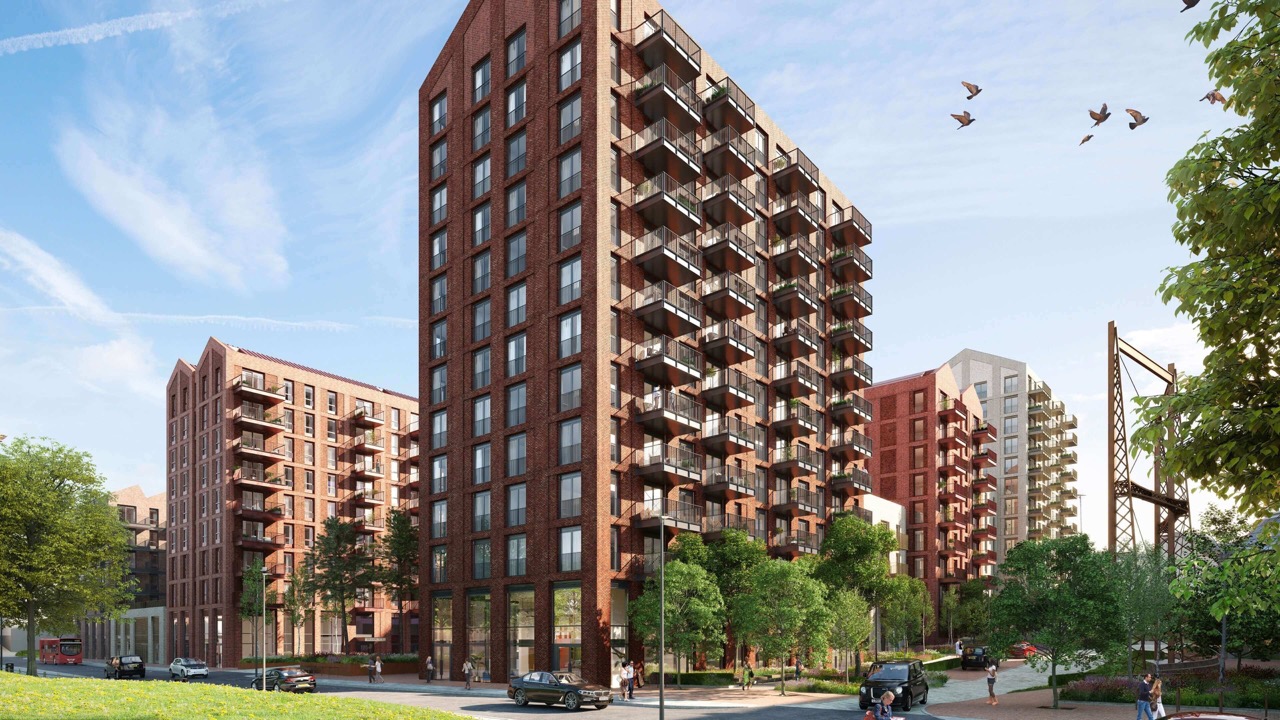
Learning how to buy property in the UK as a foreigner opens the door to secure and profitable investments. The UK real estate market is transparent, well-regulated, and fully open to overseas investors. Although the process is straightforward, careful preparation ensures success.
Foreign nationals can buy property in the UK without restrictions. However, overseas buyers face some extra requirements. They must pay an additional 2% Stamp Duty Land Tax (SDLT) surcharge and show proof of income and funds. Buyers using mortgages usually need a larger deposit, between 25% and 40%. Therefore, preparing your finances early is crucial.
Once your budget is clear, the next step is location. London offers luxury properties and strong long-term growth. Meanwhile, regional cities such as Manchester, Birmingham, and Leeds provide higher rental yields and lower entry prices. Researching local markets helps you match your investment goals with the right area.
Finding the right property is easier with an experienced real estate agent who understands international buyers. After your offer is accepted, a Memorandum of Sale confirms the agreement. A solicitor then conducts legal checks, verifies ownership, and prepares the contract.
When contracts are ready, both parties sign, and you pay a 10% deposit. At completion, you transfer the remaining funds, and the property becomes yours. Soon after, you receive the Title Deed confirming ownership.
Buying property does not automatically grant residency. However, if you plan to stay longer, you can explore visa routes such as the Innovator or Business Visa.
Overall, understanding how to buy property in the UK as a foreigner allows investors to access one of the world’s most trusted markets. With solid legal protection, stable returns, and strong rental demand, UK property remains a safe choice for global investors. Working with professional advisors ensures a smooth purchase from start to finish.



